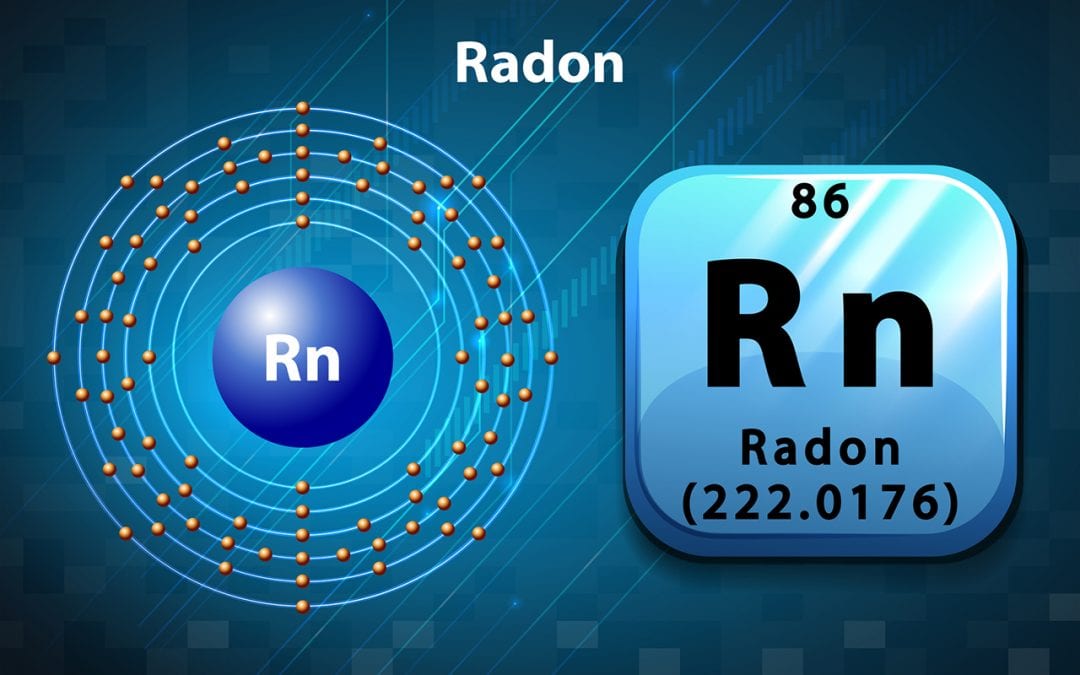As homeowners, we often go the extra mile to ensure everything looks fabulous in each and every room. For example, you may love your wonderful kitchen with granite countertops so you can cook your favorite meal. Or you may love unwinding with your family in a cozy living room with a fireplace on a cold night. Getting the most enjoyment out of our homes is a benefit of being a homeowner, however, it’s common to sometimes overlook our safety. Naturally occurring radon gas is a serious threat that all homeowners should be aware of and take into consideration. Understanding the dangers of radon will help keep your family safe and sound in your home.
An Unexpected Source of Problems
Before you understand the dangers of radon in your home, it is important to recognize how radon can enter. You may be surprised to know that radon can come from underneath your home, emitted from the rocks and land as a colorless and odorless, naturally occurring gas. It can enter your home from multiple areas, such as air vents or any spaces in your flooring and foundation.
Serious Dangers of Radon
Radon is radioactive, which means it can break down, or decay. Breathing in the invisible gas can cause damage to your lungs. In addition, the following can occur over a period of time:
- Lung Cancer: When we hear the phrase lung cancer, we often attribute it to cigarette smoking. However, numerous studies show that exposure to radon is connected to thousands of cases of lung cancer each and every year.
- Smokers: Cigarette smokers have an even higher chance of developing lung cancer if they are also exposed to radon.
- Children: Since children have smaller lungs, radon exposure is more of a threat. Although kids may not show the effects of radon exposure for a number of years, the likelihood of developing cancer will dramatically increase as they get older.
What Can We do About Radon?
- Make sure all possible entryways for radon are sealed in your basement and foundation by fixing any cracks or openings. Radon can easily come through the basement and into other areas of your home.
- Hire a Certified Residential Radon Measurement Provider with the National Radon Proficiency Program to test your home for radon. If elevated levels are discovered, he or she will make appropriate recommendations to correct the problem through radon remediation. Just like carbon monoxide, you may be exposed and not even know it. A good time to test for radon is during the colder months.
The dangers of radon in your home cannot be easily detected. Take the necessary precautions to find out whether your home has safe levels of radon.
Highland Home Inspections is a full-service home inspection company offering professional radon testing to the Greater Boston area. Contact us to schedule any of our services.

